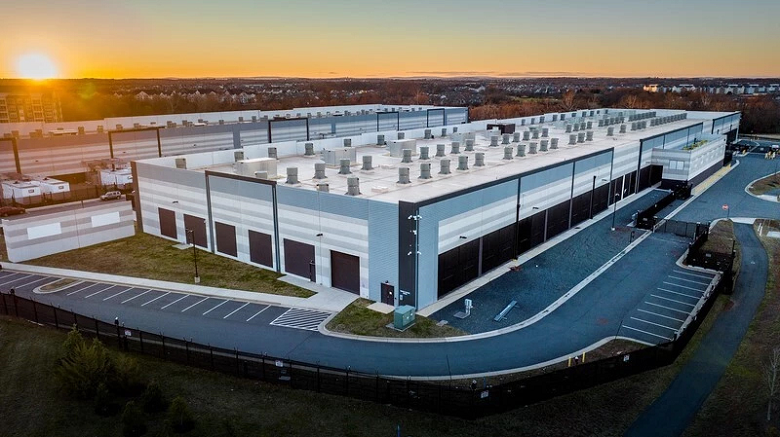Amazon Web Services sets investment highs in Spain

It will invest 15.7 billion euros to expand the AWS Europe region, located in Aragon.
Amazon Web Services (AWS) has announced its new investment plan in the AWS Europe region, located in the autonomous community of Aragon. It will spend 15.7 billion euros on expanding its cloud infrastructure, which means either expanding the three data centres it currently has or building more, the latter being a more likely scenario if the US multinational follows its usual policy.
This new investment plan is a six-fold increase on the original plan announced in 2021. On that occasion, AWS mentioned a figure of 2.5 billion euros. This investment went hand in hand with the creation of 1,300 indirect full-time jobs. The current investment figure means the Spanish economy will be able to create up to 17,500 full-time jobs a year in local businesses.
Long-term commitment
Amazon's subsidiary values the contribution that this new investment will make to Spain's GDP until 2033 at 21.6 billion euros. It is a way of consolidating its long-term commitment to Aragon and to its strategy of becoming a leading technology node in Spain and Europe. Half of the contribution to GDP and 40% of the jobs that AWS estimates will be created thanks to its plan will be located in Aragon.
According to the Minister for Digital Transformation and Public Administration, José Luis Escrivá, this investment “ratifies Spain as a key digital hub in southern Europe, with great advantages such as our connectivity and local climate and energy conditions.” Escrivá also aligns AWS's 100% sustainable data centre policy with the government's strategy.
Net zero emissions
Thanks to Amazon's global climate commitment, which aims to achieve net zero carbon emissions in all its operations by 2040, the three Aragonese data centres have been offsetting the electricity they consume with 100% renewable energy since they opened in 2022. The company also aims to be water positive by 2030, and plans to achieve this by returning more water to the community than it uses in its operations.
AWS Iberia General Manager Suzana Curic said, “We will continue to match the electricity used in our data centres in Aragon with 100% renewable sources and we will continue to look for ways to innovate and run our operations more efficiently and sustainably, giving back to the communities where we have a presence.”
At the forefront of technological innovation
For government minister Escrivá, “This new commitment by Amazon Web Services to our country places Spain at the forefront of technological innovation and artificial intelligence in Europe and confirms, once again, its capacity to generate technological talent and quality jobs.”
According to a recent study by the consultancy Strand Partners for AWS, technologies such as AI and generative AI have the potential to inject up to 55 billion euros into the Spanish economy by 2030. To achieve this, he says, Spain will need to address three critical issues: creating an environment conducive to innovation, ensuring that businesses of all sizes have access to the latest technologies, and closing the digital skills gap.
Twelve new renewable projects
In addition, Amazon has announced that it will develop twelve new renewable energy projects with a combined capacity of 596 megawatts peak. These energy agreements make the multinational the largest corporate buyer of renewable energy in Spain. These new agreements mean Amazon will reach a renewable capacity of more than 2.9 gigawatts peak, and with 79 projects that include 30 solar rooftops on its buildings, nine wind farms and 40 solar photovoltaic plants.
Four wind farms and eight solar plants make up the new package of projects that will be launched by the company, whose objective is to turn the electricity it consumes worldwide into 100% renewable energy by 2025. “We will achieve 90% in 2022,” said Mariangela Marseglia, vice-president and general manager of Amazon in Spain, Italy and Portugal, who explained, “The solar and wind energy projects we're driving forwards help us power our operations, as well as providing clean energy to the grid and supporting economic growth in the communities where our employees and customers live and work.”
Photo: AWS




